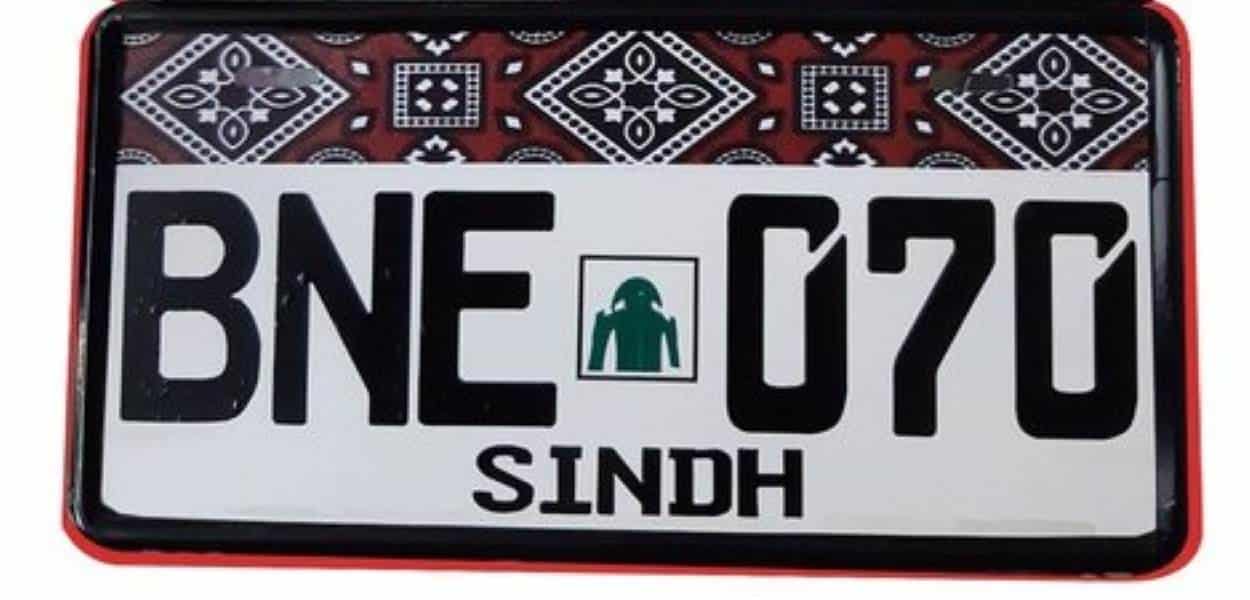Sindh Chief Minister Syed Murad Ali Shah has approved a new number plate system that is based on CNIC (Computerised National Identity Card) registration.
The new system allows vehicle number plates to remain with the owners even after they sell their vehicles. The initiative, proposed by the Sindh Excise Department, aims to improve the tracking of vehicle ownership and reduce crimes such as theft and terrorism.
Under the new policy, license plates for motorcycles, cars, and large vehicles will be linked to an individual’s Computerised National Identity Card (CNIC). When a vehicle is sold, the owner will remove the license plate, which remains their property. The buyer must then register the vehicle online using their own CNIC-linked plate. Owners can return license plates to the Excise Department for cancellation at their local excise offices.
The system, designed to curb vehicle-related crimes, follows a federal-provincial database integration for centralised verification. Chief Minister Shah directed the Excise & Taxation Department to test the system before amending laws, with follow-up meetings to ensure a smooth rollout. The policy, not yet implemented, aligns with Pakistan’s anti-crime measures, including a recent policy on smuggled cars.
With 1.2 million vehicles registered in Sindh in 2024, per Excise Department data, the CNIC system enhances traceability, addressing issues like the 15,000 annual vehicle thefts reported in Karachi. The policy supports Pakistan’s broader security efforts amid economic challenges, including a 40% poverty rate.
The Sindh Excise Department will begin pilot testing in September 2025, with updates available on their website (www.excise.gos.pk).






